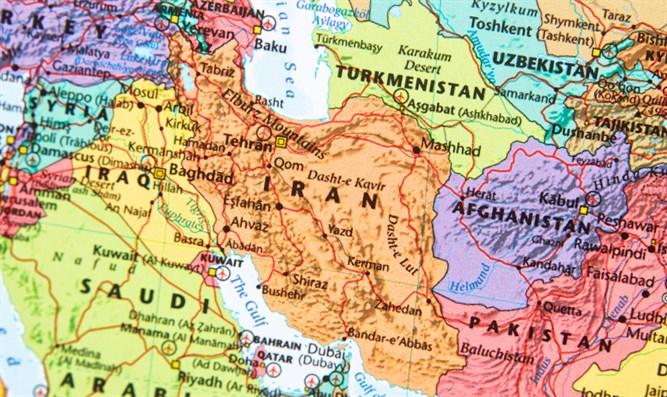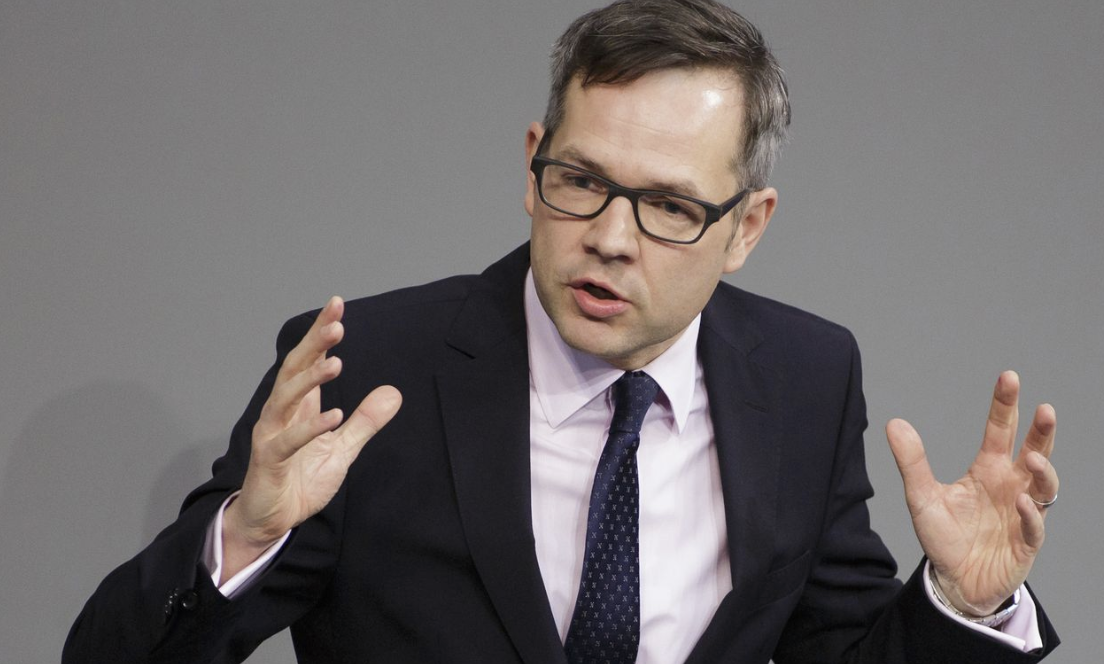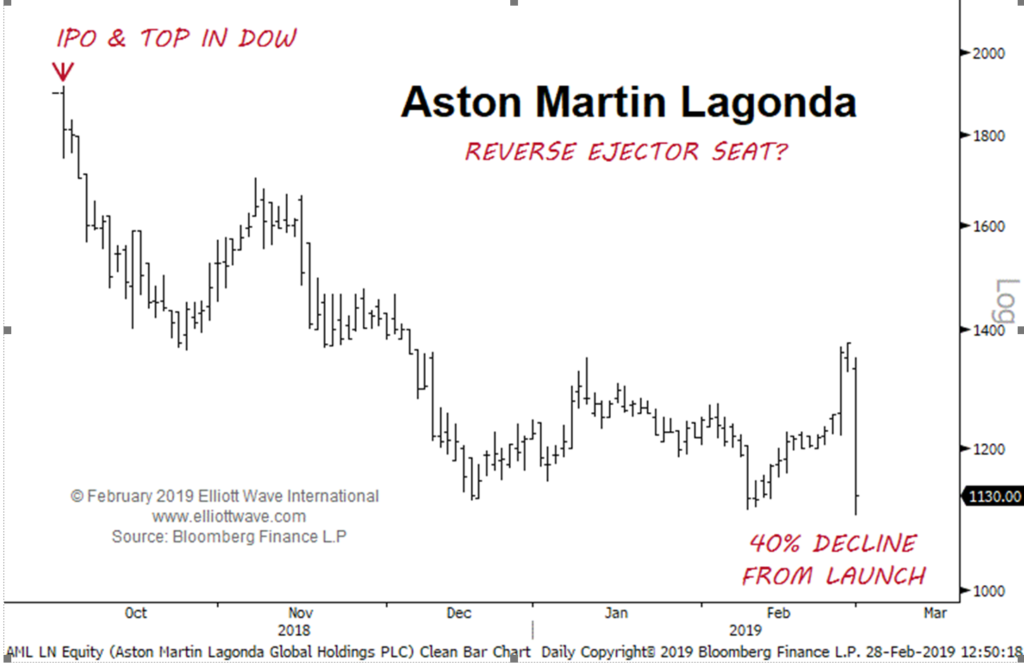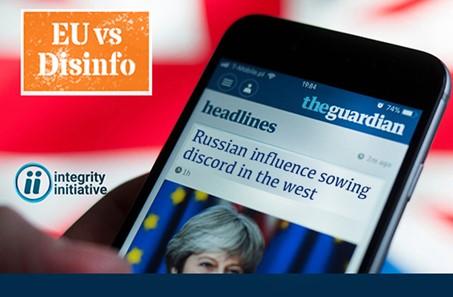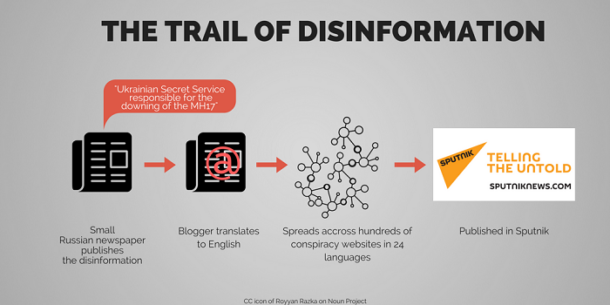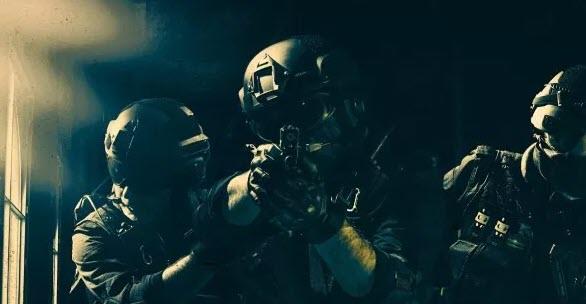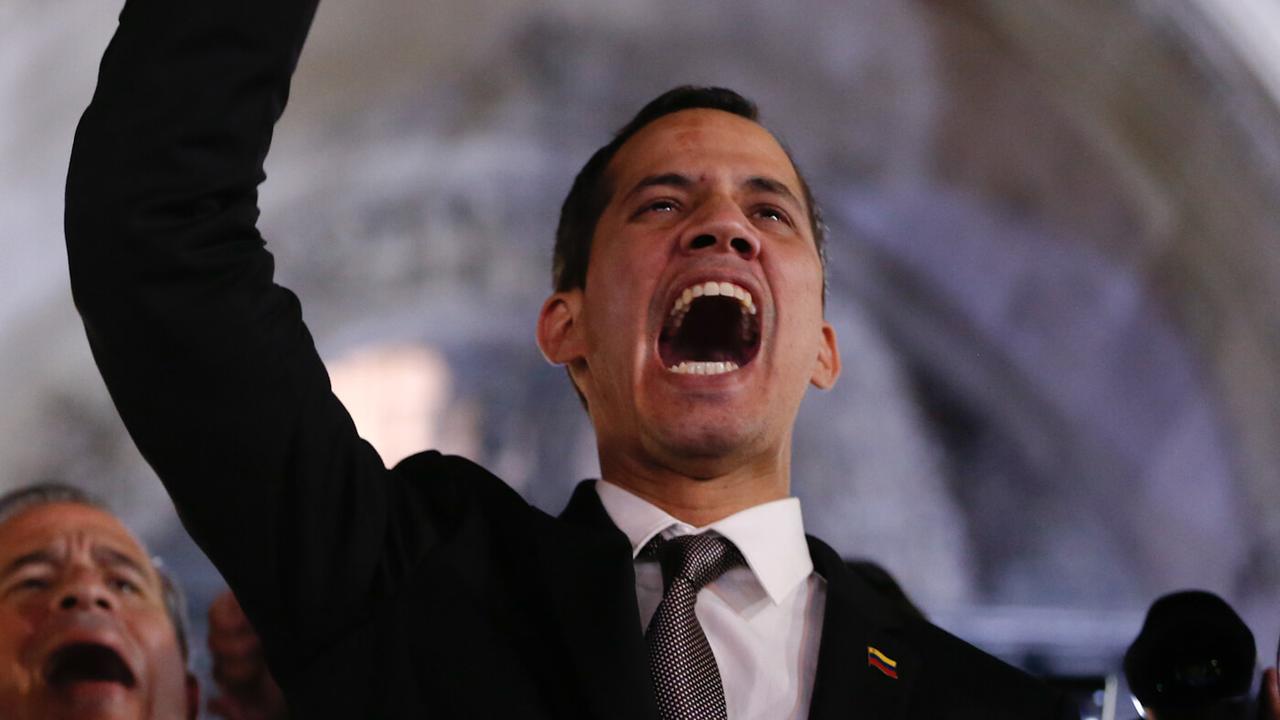Authored by Yossef Bodansky via Defense and Foreign Affairs,
A new bloc is emerging in the greater Middle East with the declared objectives of dominating the entire Arab world, confronting and containing the US and its allies; and controlling and benefiting from the entire hydro-carbon economy, from production to transportation.
The leading members of the new bloc are Turkey, Iran, and Qatar; with Iraq, Syria, Lebanon, and Jordan submitting to the new bloc.
Russian experts call the new bloc “the Middle Eastern Entente”.
The key to the success of the bloc is the emerging correlation of influence of the great powers in the aftermath of the wars in Syria and Iraq. Russia and the People’s Republic of China are ready to compromise with the regional powers in order to secure their vital and global interests, while the US, Saudi Arabia and, to a lesser extent, Israel, are the nemeses of the bloc.
The roots of “the Middle Eastern Entente” are in Doha. Qatar in Summer 2017 initiated a myriad of bilat-eral and trilateral discussions with Iran and Turkey after Saudi Arabia and the GCC allies imposed the siege on Qatar in June of that year. However, it was not until the second half of 2018, with the initial impact of the siege largely ameliorated, that the long-term post-war posture of the greater Middle East became a major priority.
It was then that Doha, Tehran, and Ankara started talking about forming a coherent strategic bloc.
According to Iman Zayat, the Managing Editor of The Arab Weekly, in late November 2018, the three coun-tries struck a deal in Tehran to create a “joint working group to facilitate the transit of goods between the three countries”. This was the beginning of a profound realignment of the three regional powers. “Qatar has irrevocably joined with Ankara and Tehran against its former Arab allies. It has conclusively positioned itself in a regional alliance that pursues geopolitical dominance by driving instability,” Zayat noted.
It did not take long for the three powers to realize that for such a bloc to succeed it must focus on security issues and not just economic issues.
Hectic negotiations followed. In mid-December 2018, the three foreign ministers — Muhammad bin Ab-dulrahman al-Thani, Mohammad Javad Zarif, and Mevlut Çavusoglu — signed the protocols and agree-ments for the new bloc on the sidelines of the 18th Doha Forum. In the Forum, Qatar formally called for “a new alliance that would replace the four-decade-old Gulf Cooperation Council”. Since then, specific and concrete negotiations on the consolidation of the bloc have been taking place. The final modalities for joint actions and common priorities, particularly the integration of the Arab states, were formulated in ear-ly March 2019.
Iran was the dominant force in this phase.
The last decisive push for the Arab integration took place during Bashar al-Assad’s visit to Tehran on Feb-ruary 25, 2019. There, he submitted to the demands of the Iranian mullahs and to tight supervision by Teh-ran. Significantly, during his stay in Tehran, Assad was constantly escorted by Qassem Soleimani, Mahmoud Alavi, and Ali Akbar Velayati, who attended all his meetings with Iranian leaders. In Tehran, Assad commit-ted to supporting the new bloc and to support the greater Middle East the bloc members were trying to create.
The geo-strategic and geo-economic objectives of the bloc are huge, and, as things stand in late March 2019, largely attainable.
The first objective of “the Middle Eastern Entente” was to quickly consolidate strong influence, if not he-gemony, over Iraq, Syria, Lebanon, and Jordan before the Fertile Crescent of Minorities could re-emerge as a viable geo-strategic and political entity. The primary rôle of the revived Fertile Crescent of Minorities was to constitute a buffer containing the upsurge of the Sunni Arab milieu and blocking the access of both Iran and Turkey to the heartlands of al-Jazira.
The greatest fear of the bloc members, however, was the possible ascent of the Kurds as a regional power once they internalized the US betrayal and were ready to strike deals with Moscow and Damascus. The overall susceptibility of the four Arab countries to the new regional posture was evident from their blatant disregard of the US sanctions on Iran. Hence, this region would soon become the key to a new grand-strategic and grand-economic posture for the entire greater Middle East.
Tehran emerged as the dominant power in the security posture.
The surge has been conducted under the command of Maj.-Gen. Qassem Soleimani, Commander of the Quds Force of the Iranian Revolutionary Guard Corps (IRGC: Pasdaran). Supreme Leader Ayatollah Ali Khamene’i on March 11, 2019, awarded Soleimani a unique and high State honor: the Order of Zolfaghar. [Significantly, this order, established in 1856 as The Decoration of the Commander of the Faithful by Em-peror Naser al-Din Shah, was awarded until 1925 where it was renamed as The Order of Zolfaghar by Em-peror Reza Shah I. It had not been awarded since the downfall of the Shah in 1979 until the award — pre-sumably in the highest of the three classes of the Order — to Maj.-Gen. Soleimani.]
Foreign Minister Mohammad Javad Zarif told the Mehr News Agency that Soleimani received the award on account of his leading “the fight against terrorism and extremism in the region”. Zarif stressed that So-leimani’s achievements “have prepared the grounds for creating a strong and stable region free from vio-lence and radicalization”.
On March 18, 2019, the military commanders of Iran, Syria, and Iraq convened in Damascus in order to discuss long-term strategic and operational cooperation. The delegations were led by Mohammad Bagheri (Chief of Staff of the Iranian Armed Forces), Ali Abdullah Ayyoub (the Syrian Defense Minister), and Othman al-Ghanmi (Chief of Staff of the Iraqi Military). Officially, the summit addressed coordination in counter-terrorism operations, joint securing and opening of borders, and restoring Damascus’ control over the en-tire Syrian territory.
In reality, the tripartite summit discussed the emerging regional posture now that the wars in Syria and Iraq are nearing their end. Bashar al-Assad addressed the summit and stressed long-term security and policy issues.
Bagheri explained that the objective of “the tripartite summit between Iran, Syria and Iraq with the partici-pation of their senior commanders [was] to coordinate efforts on the fight against terrorist groups in the region. … Over the last few years, excellent coordination has been achieved between Iran, Syria, Russia and Iraq, and there has been solidarity with the Resistance Axis that led to significant victories in counter-ing terrorism, and today, on the basis of these victories, the consolidation of sovereignty and progress to-wards the liberation of the rest of Syria is taking place.”
Concurrently, the initial indications of things to come were already unfolding.
In mid-March 2019, Turkish Deputy Prime Minister Muhterem Ince and his Iranian counterpart, Hussein Zulfiqari, reached “an agreement on launching a simultaneous operation against terror groups that threat-en the security of both countries” during a meeting in Ankara. If successful, this would be the first of many operations. The first joint operation was conducted on March 18-23, 2019, mainly in northern Iraq. In addi-tion to widespread bombing and shelling, around 600 Turkish and Iranian special forces carried out joint raiding operations against Kurdish “terrorist camps”. In the last days of the operation, aerial bombings were directed at all Kurdish nemeses in Syria, Iraq, Turkey, and Iran. On March 24, 2019, Ankara and Teh-ran announced that they “are determined to continue carrying out such joint counter-terrorism opera-tions”.
Meanwhile, Qatar has emerged as the dominant power regarding all issues pertaining to the regional economy.
The first priority was to build Qatar’s new oil and gas pipelines to the Mediterranean via Iran-Iraq-Syria and also connect to the pipelines in Turkey. These pipelines would substitute for the originally planned “Sunni pipelines” which were to transverse Qatar-Saudi Arabia-Iraq-Syria and which had originally led to the Qata-ri support for the Syrian jihad. The new pipelines would move to the shores of the Mediterranean — mainly the Syrian port of Latakia — gas and oil from both Qatar and Iran. The pipelines would be followed by elec-tricity lines and a fully integrated transportation infrastructure on a regional basis.
The long-term strategic infrastructure envisioned by “the Middle Eastern Entente” reflected the grand-strategic aspirations of Iran and Turkey.
The key arteries would be from Iran to the shores of the Mediterranean, and from western Turkey to the Red Sea and the Hijaz. Ultimately, these roads would be supplanted by railways. Iran and Iraq have already started constructing the railway line from the Shalamcheh border crossing to Basra in Iraq. This is the first segment of a line which would reach Latakia. Tehran is negotiating with Damascus Iranian management of the civilian port in Latakia (the Russians control the military facilities) in the next few months as a major outlet for Iran’s international trade.
Taken together, the new railroads would provide access for the New Silk Road to the eastern Mediterra-nean and the Red Sea; would connect the Russia-Iran north-south route with the Mediterranean; and would constitute an extension of the Europe-Turkey rail-line much like the old Baghdad and Persian Gulf railway. The existing Iranian railroad system connects the north-south rail-line to the Pakistani border and, thus, ultimately to western China.
Both Beijing and Moscow are most interested in the speedy completion of these rail-lines as part of the extended Belt and Road Initiative (BRI).
Taken together, the transportation cooperation agreement between the three bloc members (Qatar, Iran, and Turkey), and the transportation agreement between Iran, Iraq, and Syria, provide for a road and rail-way system linking all these states. This makes Iran the lynchpin of the regional transportation networks, and, thus, a crucial purveyor of access for the PRC. Indeed, PRC senior officials consider Iran to be “a key pivot to China’s BRI in the region”.
On March 19, 2019, PRC Minister of Commerce Zhong Shan stressed the rôle of Iran as “the strategic part-ner” in the greater Middle East for “the further development of economic and trade ties” with the entire region. “Iran is China’s strategic partner in the Middle-East and China is the biggest trade partner and im-porter of oil from Iran,” Zhong said. Ultimately, this would secure for Iran a central place in the overall PRC strategic and economic calculations.
The second objective of “the Middle Eastern Entente” was to use the Arab bloc, particularly its Sunni ele-ments, in conjunction with escalation in Yemen and growing hostility of (non-Sunni, but Ibadi) Oman, in order to smother and subdue Saudi Arabia. With Saudi Arabia already near implosion as a result of the er-ratic reign of Crown Prince Mohammed bin Salman bin ‘Abd al-’Aziz al-Saud, the leaders in Doha, Tehran, and Ankara appear convinced that it would only take little pressure in order to bring about the break-up and self-dismemberment of Saudi Arabia.
The key to the bloc’s anticipated success was in its capitalizing on heritage-based trends already growing throughout Saudi Arabia. The aggregate impact of the Turkish-Jordanian and Islamist-jihadist subversion in the Hejaz, the growing impact of the anti-al-Saud tribal and jihadist movements organizing in the Nejdi highlands, and the Iran-facilitated radicalization and militancy of the Shi’ite communities in the Saudi Ara-bian east would accelerate the self-dismemberment of Saudi Arabia along traditional lines. Even if the House of al-Saud did not lose power soon, the myriad of internal problems would prevent Saudi Arabia from playing a regional rôle against the new bloc and its allies.
A large number of intelligence officials and experts throughout the Middle East concur with this assessment.
Russia has been placed in a quandary by the emergence of “the Middle Eastern Entente”.
Russian experts explained in late December 2018 that “Turkey, Iran, and Qatar are moving in a direct course towards creating a full-fledged alliance in the Middle East, threatening to make serious adjustments to the status quo in the region.” And even though the tripartite summit in Damascus and other regional fora hailed their friendship with Russia, the Kremlin was apprehensive regarding the ascent of the bloc. Russia’s numerous tripartite summits and working groups have highlighted repeatedly the complete mis-trust of both Iran and Turkey. The huge Russian weapons sales to both countries need not confuse, as they are mainly instruments of keeping both countries beholden to Russia and on a collision course with the US.
As well, Russia has a longstanding dispute with Qatar on account of its support for jihadists from the North Caucasus (both in Qatar and in Syria-Iraq).
Most important, the Kremlin’s grand design for the future of the greater Middle East rests on the ascent of the Fertile Crescent of Minorities — where the Kurds are assigned a key rôle — as a buffer zone containing the upsurge of the Sunni Arab milieu and blocking the access of both Iran and Turkey into the heartlands of al-Jazira. Russia is cognizant that both Iran and Turkey are implacable enemies of the Kurds and would never permit the Kurds to establish a viable entity on their border despite Russian support. The Turkish-Iranian joint operations against the Kurds in northern Iraq are a harbinger of the anti-Kurdish escalation to come, an escalation which Russia cannot prevent.
At the same time, Russia is still the main great power in the region, and the facilitator of the PRC’s access and development projects.
To retain their vital interests in the context of the ascent of the bloc, Russia might have to face the impera-tive for significant compromises. Russian experts and officials acknowledge the existence of a worst-case scenario focusing on the Russian presence along the eastern shores of the Mediterranean (beyond the Aleppo-Damascus highway) while blocking US/Western encroachment. To attain this, Russia would have to forge closer alliance with the ‘Alawites, the Druze, and Syria’s urban élites, as well as shield Israel (and its huge Russia-origin population) from both Iran and Turkey. That said, holding onto the belt along the shores of the Mediterranean would also mean blocking the vital arteries of transportation which both Iran and Turkey are determined to establish.
Hence, the Kremlin concedes, confrontation might be inevitable.
As a result, on March 19, 2019, as the tripartite military summit convened in Damascus, Russia Pres. Vladi-mir Putin dispatched Defense Minister Sergei Shoigu to Damascus. The primary objective of Shoigu’s visit was to guarantee Russian interests in the context of the new regional posture.
He met first with Pres. Bashar al-Assad and conveyed a special message from Putin. Minister Shoigu held talks with Pres. Assad, the entire Syrian defense leadership, and senior Russian generals. Assad and his generals conceded that there was no substitute to the Russian military aid, and that without Russia it would be impossible to complete the defeat of the jihadists and liberate Syrian territory.
Shoigu responded that Russia “would continue to support efforts to regain the Syrian regime’s control of all the country” under the conditions of a genuine alliance. “Syria, with the support of Russia, undoubtedly achieved significant success in the fight against international terrorism,” Shoigu reminded his interlocutors. He explained that the Kremlin was most interested in “the issues related to fighting international terrorism along with various aspects of Mideast security and post-conflict settlement”.
Assad was effusive in his praise for Putin and the Russian help, but Shuigo was not convinced.
Meanwhile, the Qataris and their allies have made it clear that they do not fear a US reaction to the emer-gence of “the Middle Eastern Entente”.
Qatari senior officials attribute this to repeated threats from Doha that should the US interfere with the new bloc and its ascent to prominence, Doha would order the immediate closure of the huge US base in Al-Udeid, Qatar, and would also stop interceding with Tehran to prevent Iran-sponsored Shi’ite jihadists from attacking the US Navy base in Bahrain. As well, the growing dependence of the US Intelligence Community on Turkish Intelligence (Milli ?stihbarat Te?kilat?: MIT) for clandestine operations in Central Asia and in sup-port of the secessionist Muslim communities of both Russia and China accounts for the US muted reaction to the Turkish abandonment of NATO.
The same logic would negate US resistance to the ascent of the bloc. Similarly, the US eagerness for a Trump-Rouhani summit (tailored after the Trump-Kim summit), where Qatar and Oman were the chief me-diators, would also restrain a harsh reaction to Iran’s growing regional rôle.
The Trump Administration is cognizant of the US limitations in the greater Middle East.
At the same time, the US remains adamant on preventing the PRC and Russia from consolidating their in-fluence in the greater Middle East and bringing the New Silk Road into the region. Senior US officials, main-ly National Security Adviser John Bolton and Secretary of State Mike Pompeo, have warned repeatedly that there could be no compromise with the PRC, nor tolerance of the ascent of the PRC anywhere. “This is a very big issue, how to deal with China in this century — probably the biggest international issue we face,” Bolton said on March 21, 2019.
Since US influence in the Arab Middle East had, by 2019, become close to non-existent, despite the pres-ence of US forces in Syria-Iraq-Jordan and special relations with Saudi Arabia, the US focus has been on stifling the primary north-south and east-west arteries between Russia, the PRC, and the greater Middle East by hitting the weakest link: Azerbaijan.
Washington is convinced that if great pressure is applied, then Baku would cut the crucial transportation arteries passing through, and interlinking in, Azerbaijan to the detriment of the New Silk Road and the bloc supporting it. This, however, would only galvanize both Turkey and Iran into further anti-US actions in and around the greater Middle East, thus further empowering “the Middle Eastern Entente”.
Moreover, Washington’s logic dismisses the reality that if Azerbaijan complied, it would be substantially isolated and without the means to have its exports reach their markets.
via ZeroHedge News https://ift.tt/2THkDRu Tyler Durden
